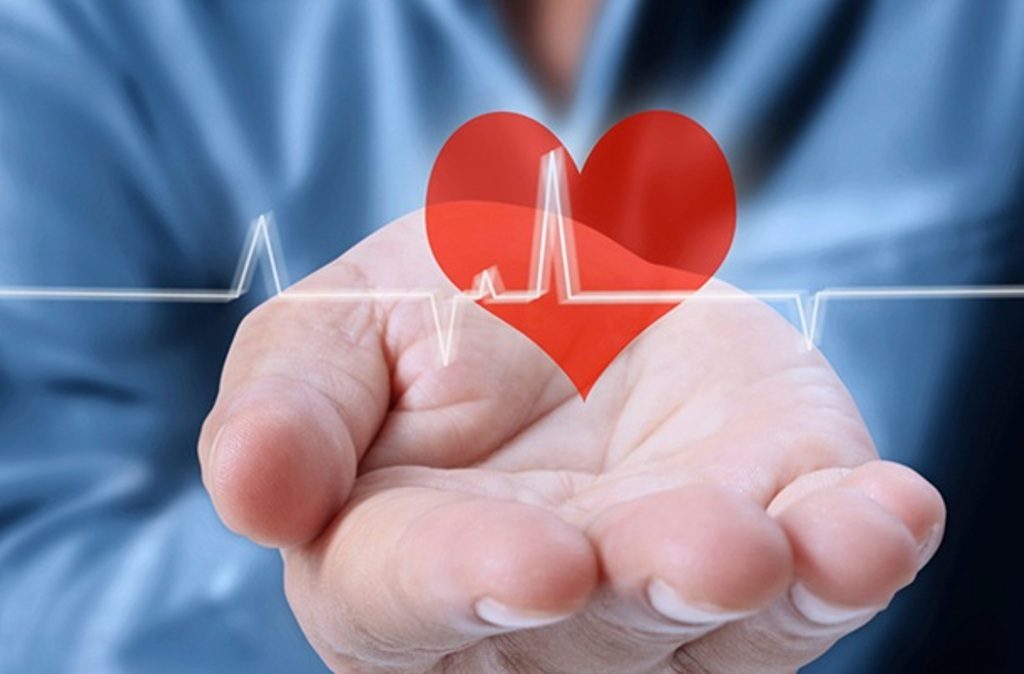Scientists have discovered a protein that mimics exercise and tricks the heart into growing in a healthy way and pumping more blood, a finding that can aid in developing treatments for heart failure patients.
Read also:Diabetes, high BP may up dementia risk later
According to a Study:
- The study showed that a protein called cardiotrophin 1 (CT1).
- Leads heart to pump more blood even if an individual is sitting still, making it beneficial.
- In addition, particularly for people with heart problems who find it hard to exercise.
- CT1 was found to help repair damage as well as improve blood flow in heart failure patients.
- Heart failure, which occurs when the heart can’t pump enough blood through the body, is a leading cause of death and disability in high-income countries and a growing problem around the world.
- Lynn Megeney, Professor at the University of Ottawa in Canada.
- Said,”when part of the heart dies, the remaining muscles try to adapt by getting bigger but this happens in a dysfunctional way and it doesn’t actually help the heart pump more blood” .
- “We found that CT1 causes heart muscles to grow in a more healthy way and it also stimulates blood vessel growth in the heart. This actually increases the heart’s ability to pump blood, just like what you would see with exercise and pregnancy,” Megeney added.
Read also: Precautions to avoid dental issues
Cell Research:
- For the study, published in the journal Cell Research.
- The team conducted a variety of experiments in mice, rats and cells growing in the lab.
- Heart muscle cells treated with CT-1 were found to become longer and demonstrated healthier fibres.
- Further, CT-1 also improved heart function in two animal models of heart failure one caused by a heart attack .
- Also one caused by high blood pressure in the lungs (pulmonary hypertension, affecting the right side of the heart).
- “This experimental therapy is very exciting particularly because it shows promise in treating both left and right heart failure,” said Duncan Stewart, a cardiologist at the Ottawa Hospital.
Read also:Living near fast-food joints affects your obesity?
